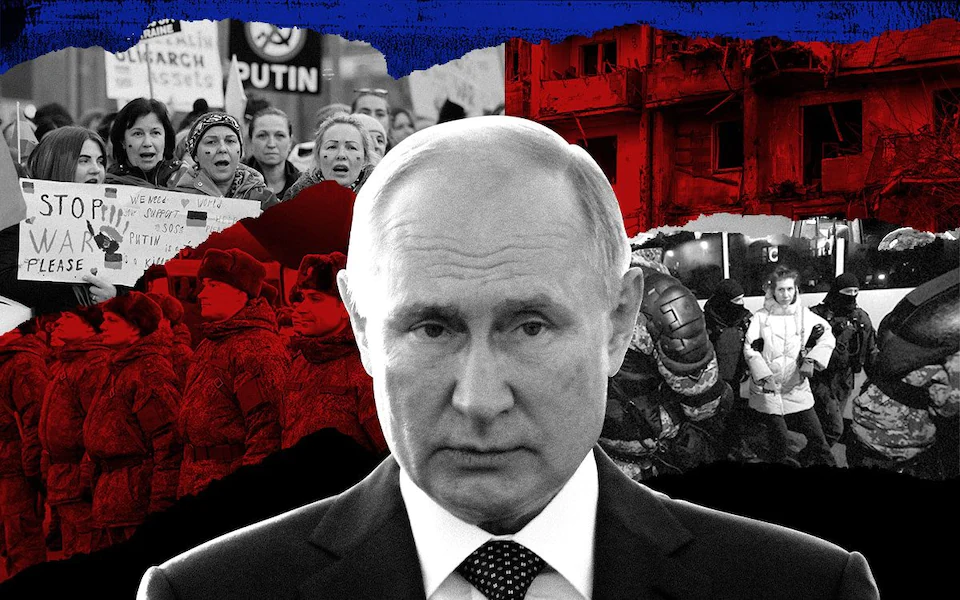On December 29, a Russian missile crossed into Polish airspace, flying within it for nearly 40 km before vanishing from radar. Polish President Andrzei Duda spoke with NATO Secretary General Jens Stoltenberg to discuss the precedent.
The lack of response to such provocations is truly dangerous as a lenient attitude towards “unintentional” missile attacks by Russia further convinces Putin of Europe’s weakness and makes a Russian invasion of a NATO ally on the eastern flank of the Alliance only a matter of time.
Russian missile strikes affecting Poland have been recorded each few months: the initial precedent occurred on November 15, 2022 where a missile killed two Poles in the vicinity of the town of Przewodów. On Oct 5, 2023, the debris of a Russian Kh-55 cruise missile were found in the forest near Bydgoszcz. The Kremlin traditionally chooses to refrain from comment on such “unintentional attacks”: on December 29, Russia’s Charge d’Affaires in Poland, Andrei Ordash, demanded that Poland provide material evidence that would prove the missile had actually crossed into the Polish airspace. The Kremlin is testing the West’s reaction by turning countries located close to Russia into a situational testing ground: in addition to Poland’s incident, Russian drones crossed into the Romanian airspace.
Consequently, the West must give a consolidated rebuff to Russia in response to the acts of provocation. The Russian economy and military-industrial complex should face additional sanctions, which, in turn, will weaken Russia’s offensive potential. It is much easier to systematically weaken Russia than to fight its army on European soil.

